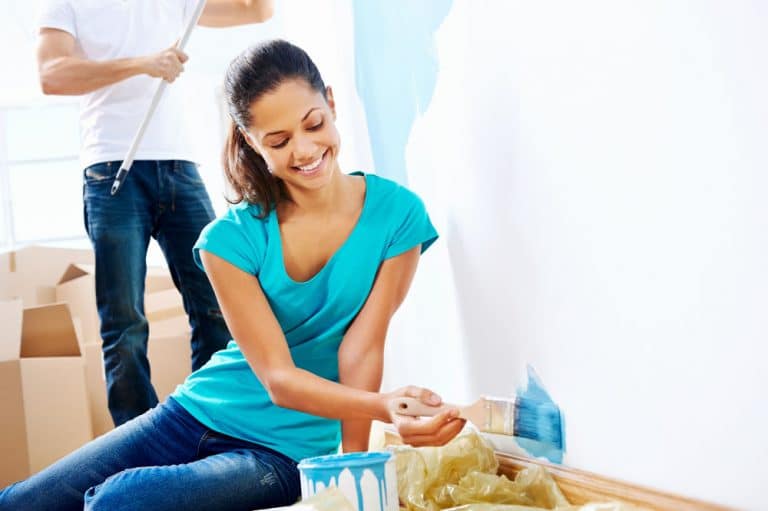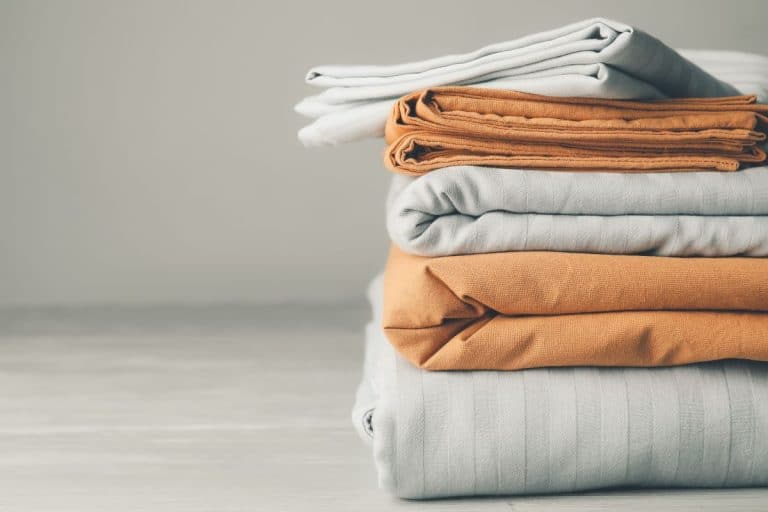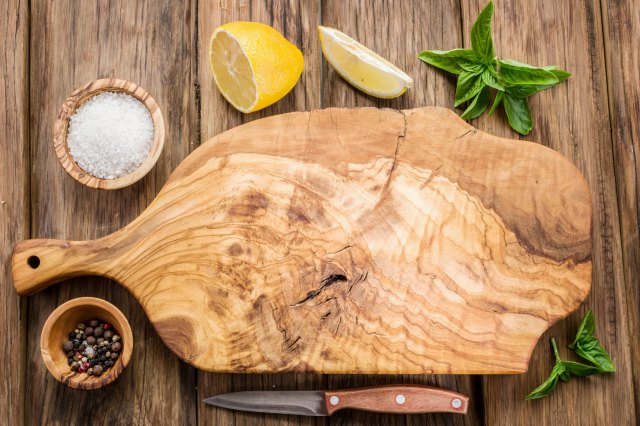Keeping Cool Without Air Conditioning When it’s Hotter Than Hades Out
This website may earn commissions from purchases made through links in this post.
Not everyone has air con, and if you do, rising costs make it expensive to run. Here are some ways to keep cool without air conditioning.

We live in Queensland. It gets hot. Real hot. I prefer the dry heat to the humidity any day, but when it’s over 40°C (104°F), it’s hot, no matter what the humidity is.
For the first ten years we lived in Queensland, we didn’t have air conditioning. I spent a lot of both pregnancies lying like a beached whale in the bath in cold water, trying to keep cool in temperatures over 35°C.
Nowadays, we have an air con downstairs, but with the rise in energy costs, we try to use it as little as possible.
Heat waves are the deadliest natural hazard in Australia, killing over 400 people a year – more than all other natural hazards combined [source]. So if there’s a heat wave, air conditioning can quite literally be a lifesaver if you have it.
But if you don’t have air conditioning, here are some tips for staying cool.
Tips for keeping cool in Summer
On super hot days, it’s important to stay out of the heat as much as possible. If you can visit the library, shopping centre, movies, community centre, cafe, or anywhere there’s air conditioning.
Another option is hanging out at a friend’s or family’s home where there’s air conditioning.
Staying hydrated is also very important. It’s important to drink plenty of water and keep dehydrating beverages like caffeine and alcohol to a minimum. If I’m sweating a lot, I sometimes find I need a hydralyte drink to keep the balance right.
Eat salads, ice blocks, fruit and cool foods that you don’t have to cook.
Stay still and out of the sun. Exercising and moving around increases body temperature, and exercising during hot weather can increase fluid loss. And I’m not just talking about doing a HIIT class. Even vacuuming or scrubbing the shower counts as exercise. So lounging around in front of the fan can help keep you cooler.
Where light, loose-weave clothes and as little as practical and comfortable.
Place some ice against the vein in your neck or wrists, where you usually take your pulse for some instant cooling.
Use peppermint. Peppermint has a cooling effect on the skin. Add a few drops to a foot bath or dab some (diluted in carrier oil) on your wrists. It’s not a good idea to use peppermint when pregnant or lactating.
Soak your feet. Cooling your feet can often cool your whole body. An alternative to soaking your feet is to put on damp socks, although TBH I don’t really find this idea appealing.
Take a cold shower or bath. I’ve read that this doesn’t work, but I find a cold shower does the trick. Especially before bedtime, when I can lie still under the fan afterwards. Not only does a 1-minute cool shower cool me down, it takes away the uncomfortable stickiness of being hot and sweaty.
If I have housework to do, I get it done early in the day when it’s cooler and then shower so as not to waste water.
Know the signs of heat-related illness. Make sure you know the signs of heat-related illness and what to do if you or someone you know is feeling unwell.
Tips for keeping the house cool in summer without air conditioning
If you’re trying to stay cool at home, here are some tips for minimising the heat inside.
Keep the blinds and curtains closed to keep the sun out.
If you have a hot NW wind blowing, keep the windows closed to keep the heat out. If there’s a cooling southerly blowing, open the windows for cross-ventilation to keep the air flowing. I open up the windows and doors once the sun goes down to get some cooler air flowing.
Heat rises. Try to stay downstairs as much as possible if you have two storeys.
South and west-facing rooms are usually cooler in the mornings as they don’t get direct sunlight.
Insulate your windows with aluminium foil to keep the sun and heat out.
Turn off all unessential electric appliances. Even on standby, electric appliances can give off heat, making the house hot.
Avoid using the oven when it’s hot. This is a great time to have a barbeque or eat salads and cold food. If I want hot food, I sometimes take the air fryer outside.
Keep the lights off.
Plan around the weather if you can. I usually get as much done as I can during the early morning before it gets too hot.
Place a fan in a window. This helps bring cool air in (not effective if the air outside is scorching).
Freeze bottles of water and place them in a drip tray in front of a fan. This kind of gives an ‘air conditioned’ effect as the frozen water cools the air as it passes by. Alternatively, you could place a tray of ice in front of the fan.
Tips for Staying Cool in Dry Heat
Using water to stay cool is more effective in dry heat than when the humidity is high. After all, there’s already a lot of water in the air when it’s humid! That’s why evaporative coolers are popular and effective down south but not effective in the tropics.
Here are some ways to cool your body down in dry heat conditions.
Sweat: the body’s natural cooling system. It’s no coincidence that spicy, sweat-inducing food is consumed in some of the hottest climates in the world. If the food you consume makes you sweat, those foods can actually cool your body down with the evaporative cooling effect.
Use a spray bottle to spray water on your skin to emulate the sweat response. This is especially effective if you stand under or near a fan.
Hang your washing in front of a window or door. Any breeze that comes through open doors or windows will be cooled by the water on the washing.
Pin a damp sheet over an open doorway or window or in front of a fan for the same effect.
Cover yourself with a wet sheet and sit in front of a fan.
Sit in front of a fan on a picnic chair or other chair that allows airflow, with a damp t-shirt hanging over the back of it.
Use a damp cloth on the back of your neck and on your forehead. Or wrap a wet scarf around your neck.
Leave your hair damp.
Air conditioning can save lives in extreme heat, but if you don’t have air-con or you’re finding it too expensive to run, it’s vital to find other ways to stay cool.








We live in central Texas, where hot season temps average over 100′ (40’C). We have a programmable A/C thermostat, and yes, we a/c even when we aren’t home. Otherwise, the internal temps of the house would sore into the upper 90’s and nights don’t drop much below 85′. We only a/c to 80′ during that time, which is helpful, but we still end up with nearly $200 electric bills. Winter is better, we only heat to 64′, but, like today, the windows are open and the house is in the low 70’s.
Also, the programmable thermostat lets you set it adjust temps automatically. Which means you don’t have to remember to change it, or remind others if you aren’t home.
I think next summer, I’m going to give drying clothes in doors a try. Its so hot outside the clothes dry so fast they end up a stiff as wood, but perhaps the evaporation would help the cool the house a touch… we can use it!
Hi Rachael, thanks for your input and filling in the gaps.
Washing, especially near a window where it can catch a breeze, may help cool a room and possibly act like an evaporative cooler to some degree. I’ve only just realised this is good for climates like yours – dry. Living in the sub-tropics here, we don’t need the extra moisture in the air, it’s so wet here at summer, although the temps get up around the 40s occassionally too.
I grew up inland with hot dry summers similar to yours and cold winters – the extra moisture certainly helps although I prefer the drier heat :).